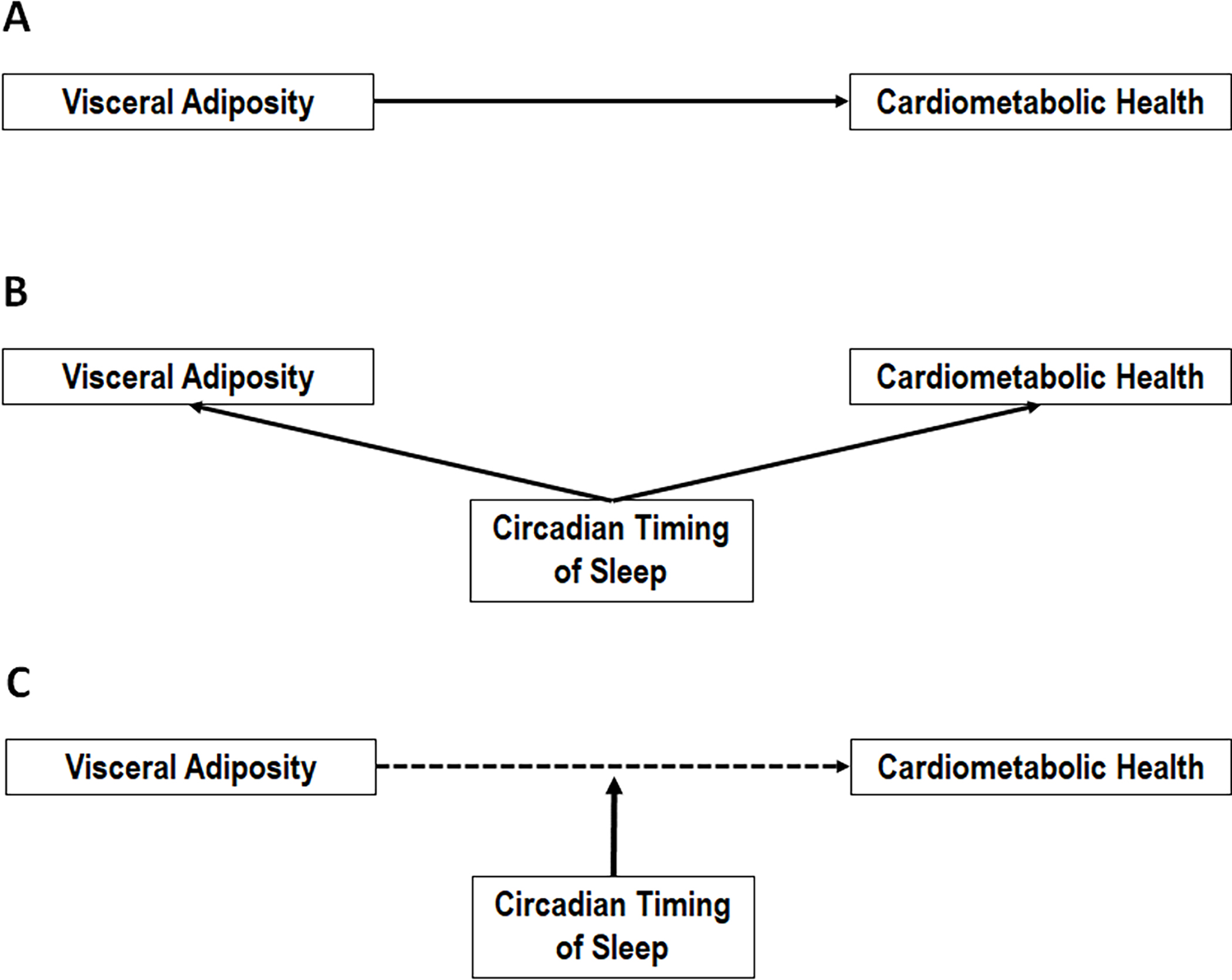Figure 2. Conceptual model tested in this study.

It is well-established that A) increased visceral adiposity is associated with adverse cardiometabolic outcomes (e.g., elevated blood pressure); however, most prior research that B) examined the role of the circadian timing of sleep has studied the independent association of metrics of circadian misalignment (e.g., sleep midpoint and its regularity) with either visceral adiposity or cardiometabolic health outcomes, without accounting for the known association between the latter two. Our conceptual model tested in this study posits that C) deviations in the circadian timing of sleep act as effect modifiers (moderators) of the known association between increased visceral adiposity and adverse cardiometabolic outcomes, helping identify “under what novel circumstances”/”in whom” visceral adiposity has the strongest impact on cardiometabolic health outcomes (e.g., highly irregular circadian timing of sleep) as well as “under what novel circumstances”/”in whom” there is resilience for such adverse health outcomes (e.g., a circadian timing of sleep aligned to the biological night).
